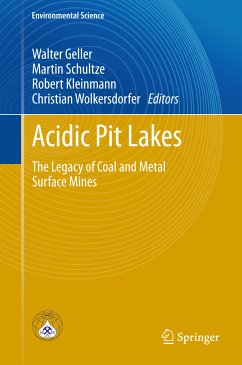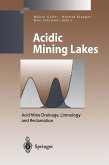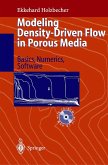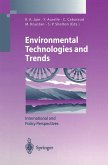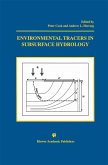Dieser Download kann aus rechtlichen Gründen nur mit Rechnungsadresse in A, B, BG, CY, CZ, D, DK, EW, E, FIN, F, GR, HR, H, IRL, I, LT, L, LR, M, NL, PL, P, R, S, SLO, SK ausgeliefert werden.
"This new book provides a comprehensive overview of the origins, geochemistry, and limnology of pit lakes and possible remediation options. ... I strongly recommend this book to all professionals involved in pit lake planning, mine closure, and ongoing pit lake management, to researchers working in acidic pit lakes, and to limnologists who wish to understand the impact of acidification on lake processes." (C. Oldham, Mine Water and the Environment, Vol. 32 (3), September, 2013)
"The 6-chapter book provides a large amount of information on post mining landscapes, ranging from their geology through chemistry tobiology. ... I would unhesitatingly recommend this book to limnologists, biologists, water chemists and lake restorers--in fact to one and all, interested in these unique acidic environments." (Ramesh D. Gulati, SILnews, Vol. 62, June, 2013)
"This book brings together a huge amount of information on acidic pit lakes, ranging from geological aspects, through chemistry to biology to management and longterm control. ... The editors are to be congratulated on assembling such a useful book which covers a wide spread of topics ranging from fundamental research to solving practical and sometimes very challenging problems. The book deserves to be widely available for anyone concerned with this topic." (Brian A. Whitton, Journal of Limnology, Vol. 72 (1), 2013)

